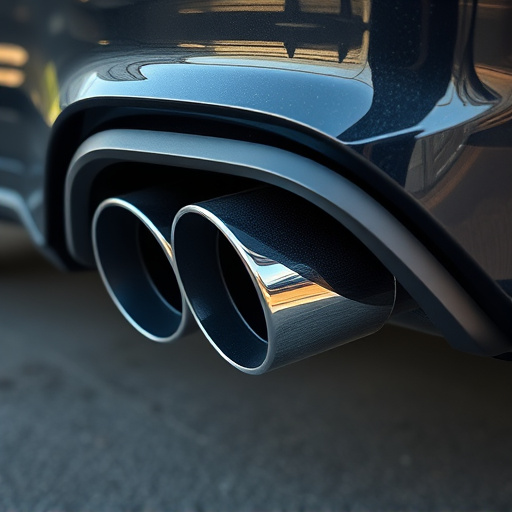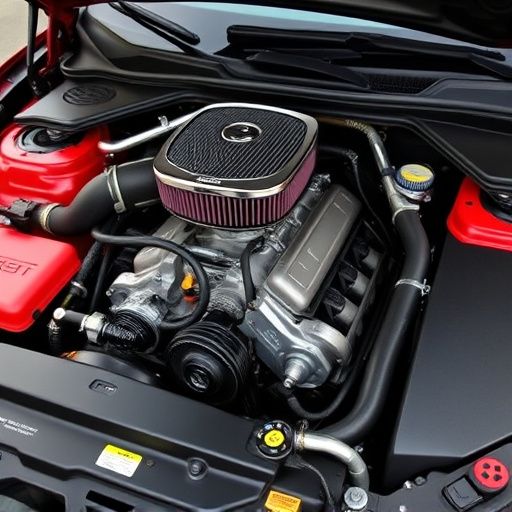Performance air filters, in conjunction with well-maintained Mass Air Flow (MAF) sensors, are key to maximizing engine efficiency and power output for high-performance vehicles. Advanced filters enhance airflow while trapping contaminants, aligning with modern engine technologies like direct injection and high-flow systems, resulting in improved performance and fuel economy.
Unleash your vehicle’s true potential with a deeper understanding of MAF sensor effects on performance air filters. This article delves into the crucial role of Mass Air Flow (MAF) sensors in optimizing engine performance, while exploring how advanced air filters can enhance efficiency. Learn how these components work synergistically to deliver improved fuel injection, smoother operation, and enhanced overall driving experience in your high-performance vehicle. Discover the latest air filter technology that keeps your engine thriving.
- MAF Sensor's Role in Performance Air Filtration
- How Air Filters Impact Engine Performance
- Optimizing Efficiency Through Air Filter Technology
MAF Sensor's Role in Performance Air Filtration
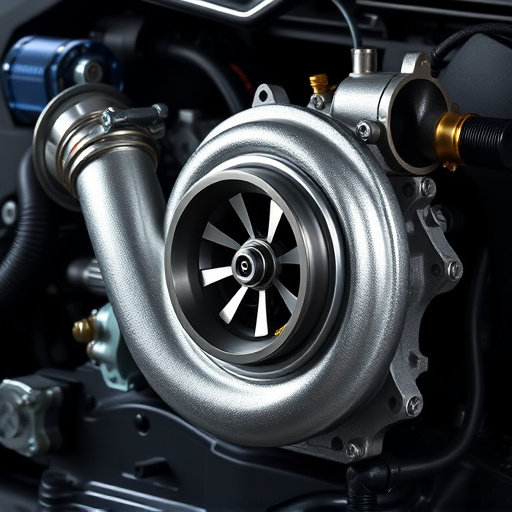
The Mass Air Flow (MAF) sensor plays a pivotal role in the performance of an air filter within an engine system. This sensor is designed to measure the amount of air entering the engine, providing critical data to the vehicle’s computer for precise fuel injection and optimal engine performance. In the context of performance air filters, a MAF sensor ensures that the right amount of clean air reaches the engine, enhancing overall efficiency. By accurately detecting changes in airflow, it helps maintain a consistent air-fuel mixture, resulting in improved combustion and power output.
When combined with high-flow exhaust systems and tailored exhaust mufflers or tips, a well-maintained MAF sensor contributes to the overall tuning of the vehicle’s engine. This integration ensures that modifications to the exhaust system do not negatively impact airflow measurements, thereby preserving the accuracy of data relied upon by modern engines for optimal performance.
How Air Filters Impact Engine Performance
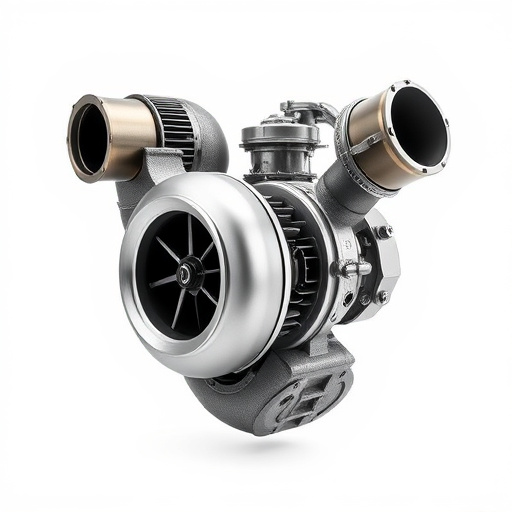
Air filters play a significant role in maintaining optimal engine performance. These components are designed to prevent debris, dust, and other contaminants from entering the engine, which could cause damage or reduce efficiency. A high-quality performance air filter can improve airflow by allowing cleaner air into the engine, enhancing combustion and boosting power output. This is especially crucial for vehicles with high-performance engines, where even the slightest reduction in air quality can impact speed and acceleration.
Moreover, keeping brake components, suspension parts, and other vital systems free from dirt and debris ensures they function at their best. Unfiltered air can introduce small particles that may adhere to sensitive areas like brake rotors, affecting braking performance over time. By maintaining a clean air supply, performance air filters contribute to the overall longevity of these critical vehicle systems.
Optimizing Efficiency Through Air Filter Technology
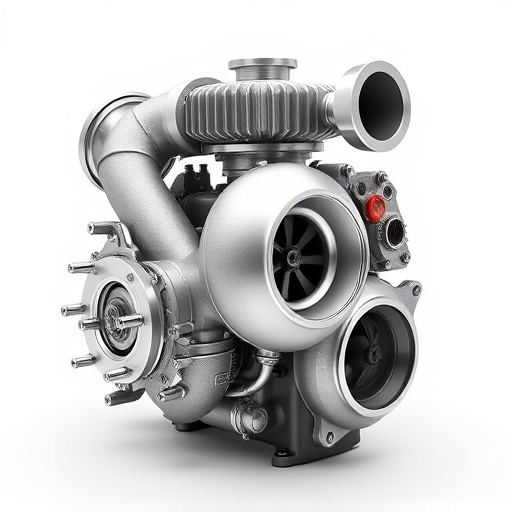
In the pursuit of maximizing engine efficiency and performance, the role of a performance air filter cannot be overlooked. Modern vehicles are equipped with Mass Air Flow (MAF) sensors that measure the volume of air entering the engine. However, traditional air filters can restrict airflow, leading to potential sensor errors and suboptimal performance. Herein lies the significance of advanced air filter technology designed to optimize efficiency while ensuring accurate MAF sensor readings.
Performance air filters employ innovative materials and designs to enhance airflow without compromising filtration. These upgrades often include synthetic media that is more efficient at capturing contaminants yet allows for greater air passage. By improving airflow dynamics, these filters contribute to a smoother transition of air into the engine, positively impacting overall performance, particularly in vehicles featuring high-flow intake components, direct injection systems, and cat back exhaust setups. This results in enhanced power output and fuel efficiency, making it an appealing upgrade for automotive enthusiasts seeking to extract more from their vehicles.
In understanding the intricate relationship between MAF sensors and performance air filters, we’ve explored how these components work in tandem to optimize engine efficiency. By examining their respective roles and the impact of air filtration technology on overall vehicle performance, it’s clear that investing in advanced air filter systems can significantly enhance power output and fuel economy. As you consider upgrades for your high-performance vehicle, keep the benefits of modern air filters in mind—they’re not just about improved airflow; they’re a key element in unlocking a vehicle’s full potential.










